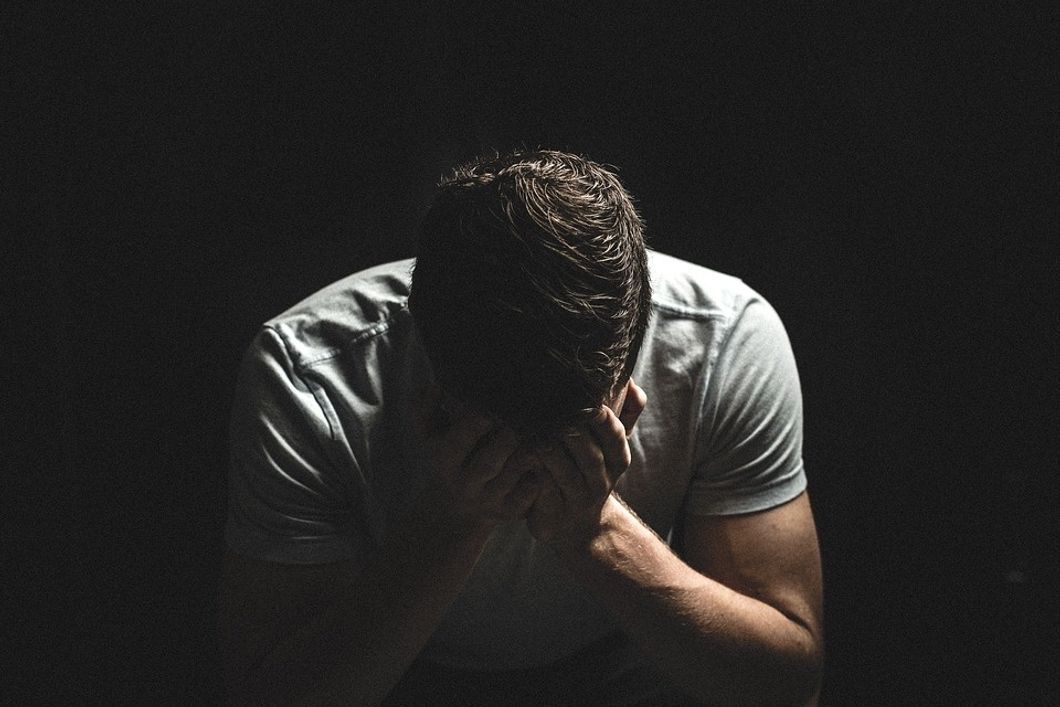I recently read an article about the emotional burden that men often put on women, and was surprised at how much this struck home. The article discussed how men often lack the emotionally close, and expressive friendships that women develop, and as a result, "men cast their wives and girlfriends to play best friend, lover, career advisor, stylist, social secretary, emotional cheerleader, mom — to him, their future kids, or both — and eventually, on-call therapist minus the $200/hour fee." This line particularly stood out to me because I'm almost positive that any woman I know who has been in a relationship has experienced this pressure. This is not to make generalizations about all men, and this article certainly wasn't strictly only a critique of men.
While many women may struggle under the weight of their partners' needs, the type of masculinity that is hailed as "manly" leaves many men without the close emotional relationships that many women have, and as a consequence, without that extra support. Men are less likely to seek mental health help than women, and author Melanie Hamlett writes about how this fact, combined with the way that many men have been conditioned to see feelings as weaknesses, has "produced a generation of men suffering from symptoms like anger, irritability, and aggressiveness."
Many men have never had the opportunity to explore their emotional sides and to identify what their needs are and how they can help themselves. Our society's normative view of masculinity demands that men toughen up in the face of heartbreak. I see this in the way that my male friends turn to drinking, "moving onto the next" and anger when they have broken up with their girlfriends or are facing something emotionally difficult. This is not to say that all men react this way, or that some women don't do the same, but the culture of masculinity that is enforced as the socially acceptable way of dealing with pain is an emphasis on repressing emotions, getting drunk, and having sex with girls.
In her article, Hamlett talks about how "men's groups" can be a way to combat this toxic masculinity. These would be groups where men would ideally be able to share their emotions in a safe space. They would have the support of other men who also chose to be there, and would hopefully be able to break free of the fear of being called "gay" or being considered feminine for expressing their feelings. These types of groups would not only help to create stronger, and more supportive friendships for men, they would also alleviate some of the pressure off the shoulders of their wives and girlfriends.
Hamlett discusses stories of women who have ended up hospitalized for anxiety and exhaustion after serving as their boyfriends' therapists for so long. Unfortunately, this is not a situation that is foreign to me. I've known girls who have developed mental health issues as a result of their relationships and have even tried to harm themselves to escape. While these situations are extreme, I don't believe that the exhaustion and sadness of my other friends, who bear their brunt of their boyfriends' unpredictable moods and extreme dependence on them, is any less important.
Reshaping what "masculinity" means and letting it out of its tight constraints will allow men to feel safe enough to seek the support they need, whether it's from a professional or a friend, and will also free women up from serving as their boyfriends' everything. No person can handle the entire weight of another person's emotional needs, and no person should feel so repressed that they are unable to seek help. While not all men and women suffer from this toxic dynamic, many do, and they may not even recognize that the emotional pressures they face can be changed.



































